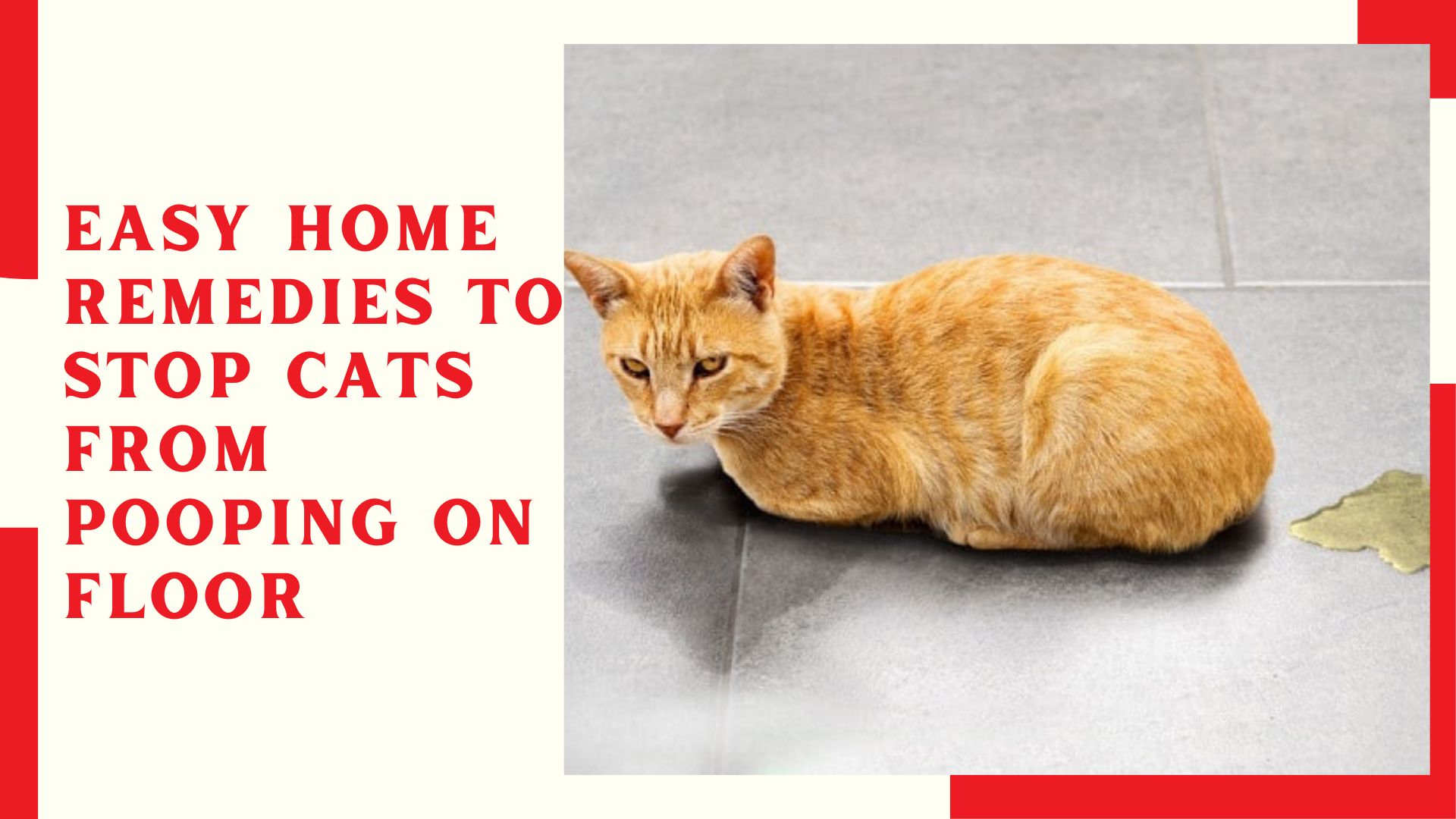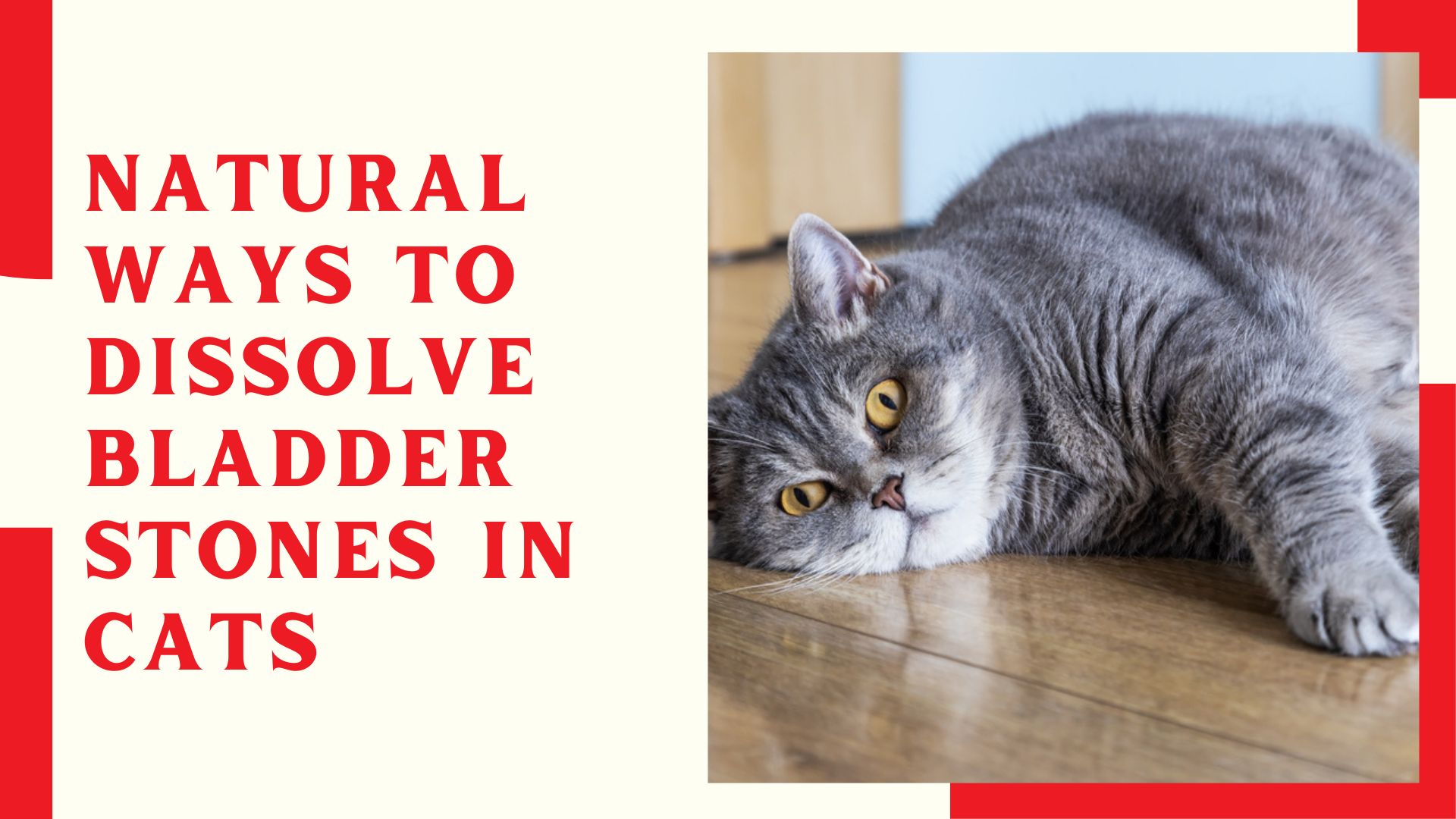Keeping your cat’s ears clean is an important part of their overall health. Dirty ears can lead to infections, discomfort, and hearing problems. Here's a step-by-step guide on how to clean your cat's ears safely and effectively at home.
Helpful Products You Might Like
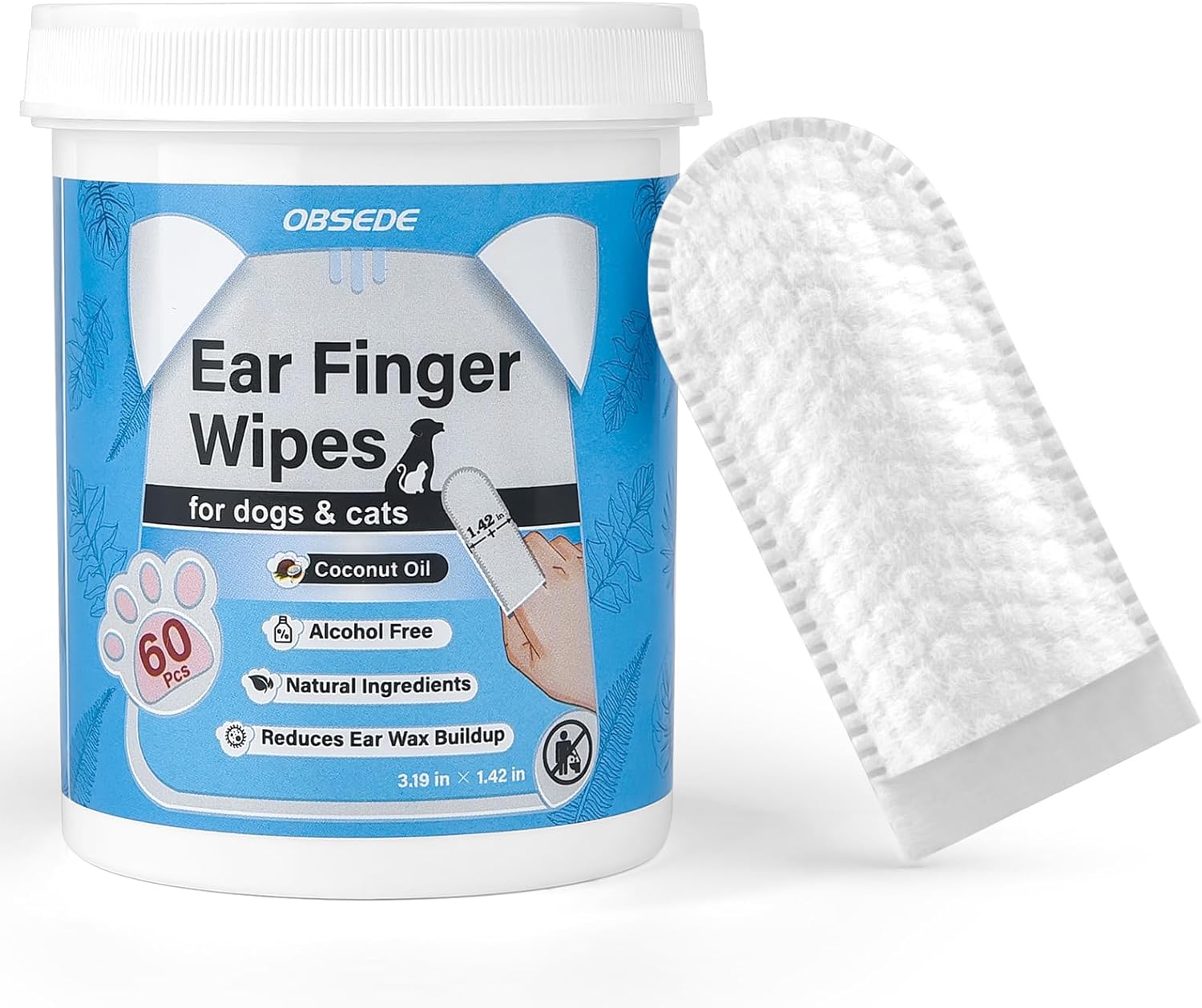
OBSEDE Ear Cleaner Finger Wipes
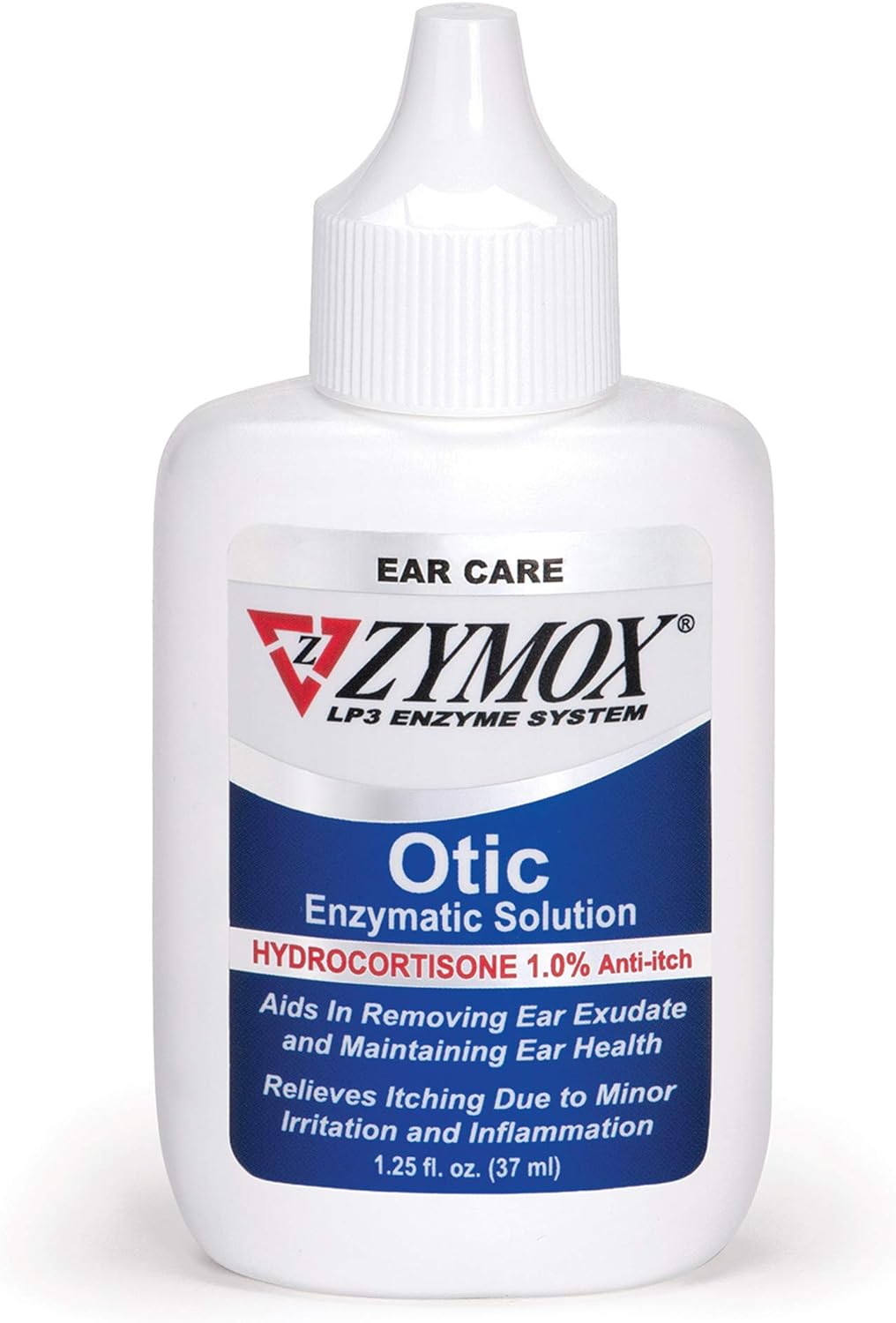
Zymox Otic Enzymatic Solution for Cats

Pet MD Cat Ear Advanced Cleaner Wipes
"(Paid Links)" 
Prepare Your Cat
Find a comfortable spot where you and your cat can sit. Wrap your cat in a towel to gently restrain them and prevent scratches. This also helps keep your cat calm and secure. Have treats handy to reward your cat for their cooperation.
Inspect the Ears
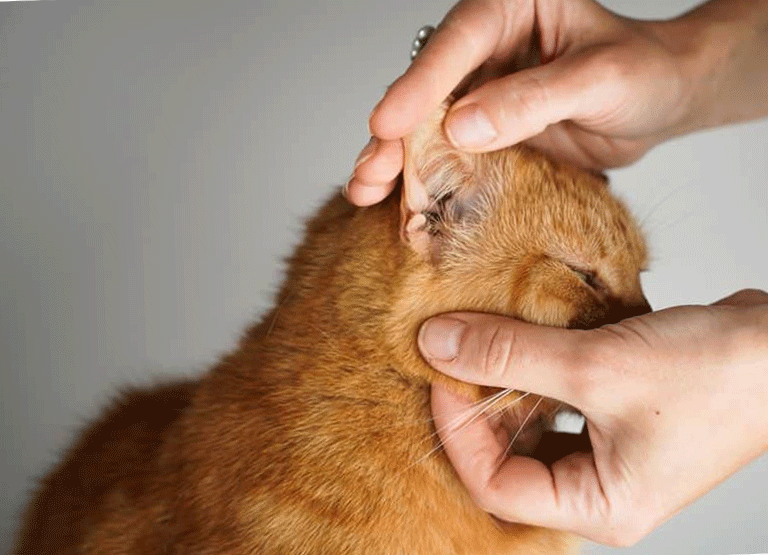
Before cleaning, inspect your cat's ears for signs of redness, swelling, unusual odor, or discharge. If you notice any of these symptoms, consult your veterinarian, as they could indicate an infection or other ear problems.
Apply the Ear Cleaner
Gently lift your cat's ear flap and squeeze a few drops of the ear cleaner into the ear canal. Be careful not to insert the tip of the bottle too deeply into the ear. Most cats will naturally shake their heads, helping to distribute the cleaner inside the ear.
Massage the Ear Base
Gently massage the base of the ear for about 30 seconds. This helps to break up any debris or wax inside the ear. You should hear a squelching sound, which indicates that the cleaner is moving around inside the ear canal.
Wipe Away the Cleaner
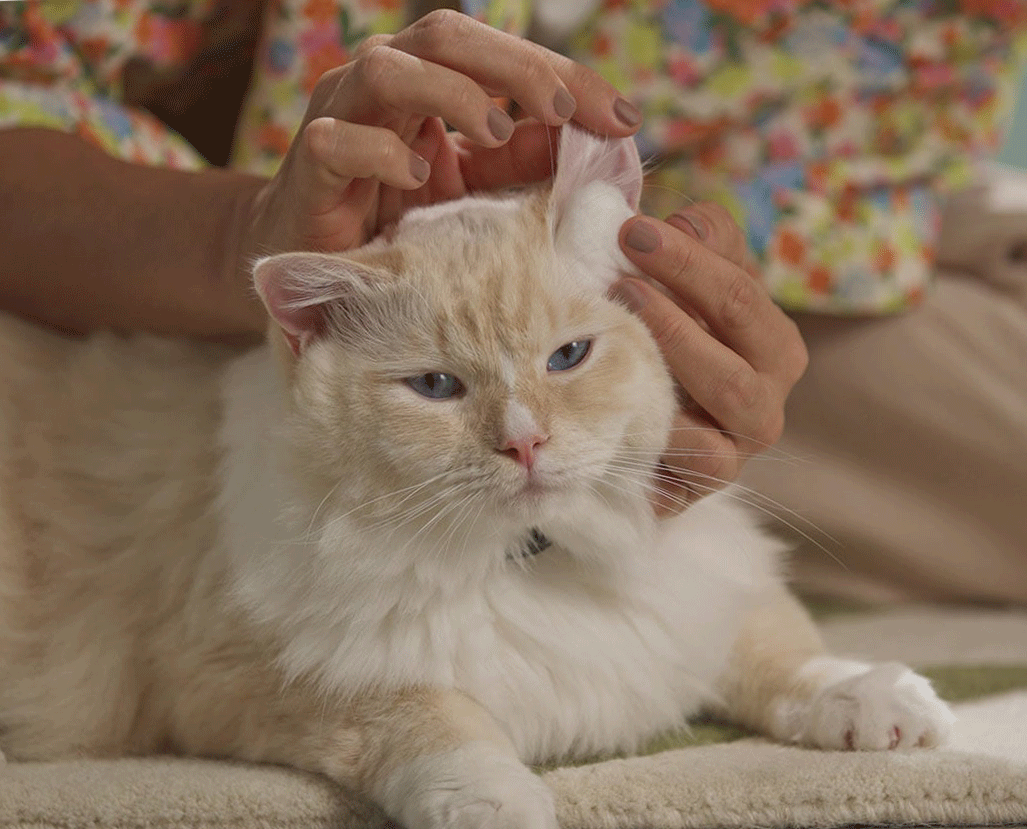
Use a cotton ball or gauze pad to wipe away any debris or excess cleaner from the ear flap and the area just outside the ear canal. Do not use cotton swabs, as they can push debris further into the ear and cause damage.
Repeat for the Other Ear
If both ears need cleaning, repeat the process for the other ear. Be gentle and patient, as ear cleaning can be uncomfortable for cats, especially if they are not used to it.
Reward Your Cat
After the cleaning, reward your cat with treats and praise. This helps create a positive association with ear cleaning and makes future cleanings easier.
Tips for Regular Ear Care
By following these steps, you can keep your cat's ears clean and healthy, preventing potential ear problems and ensuring their overall well-being.

